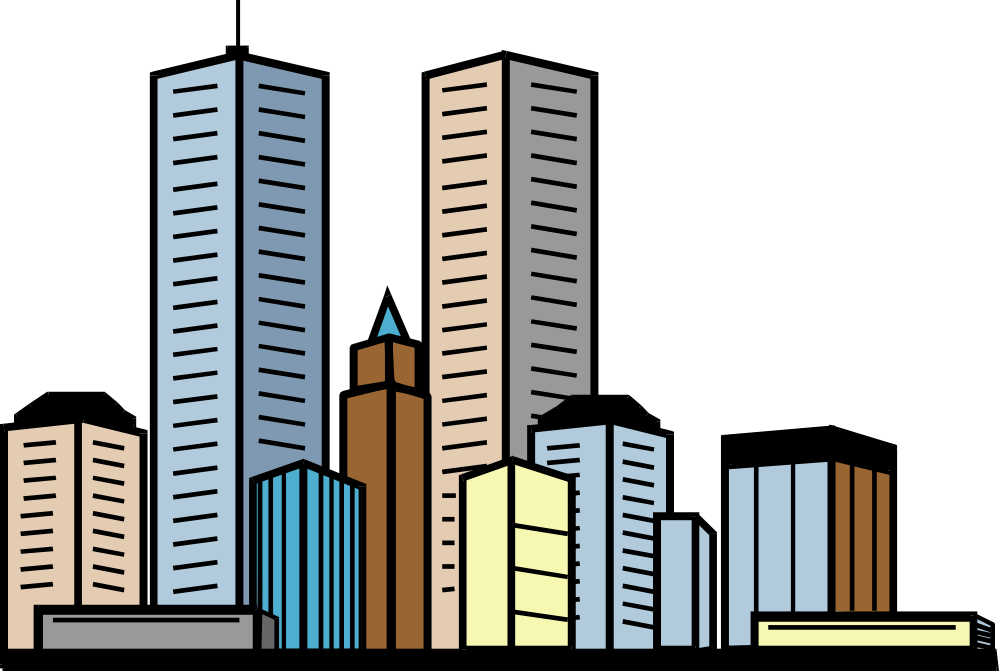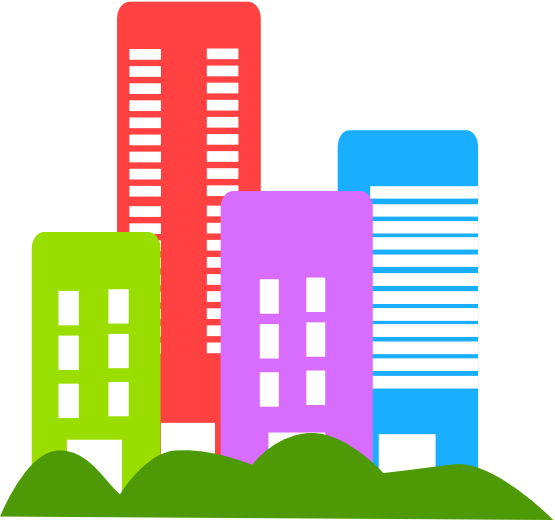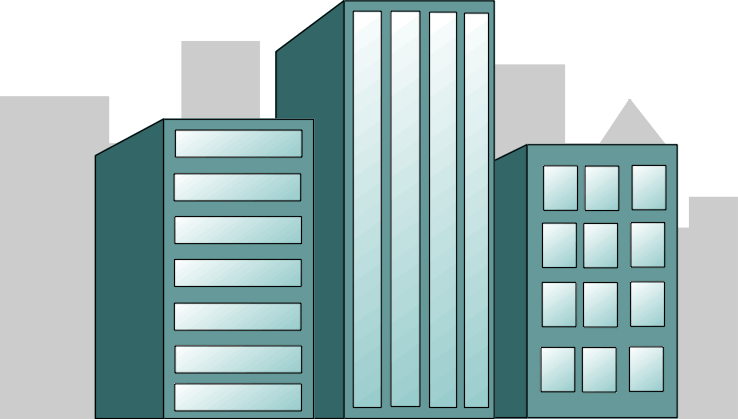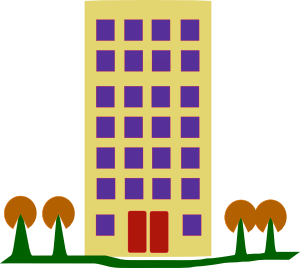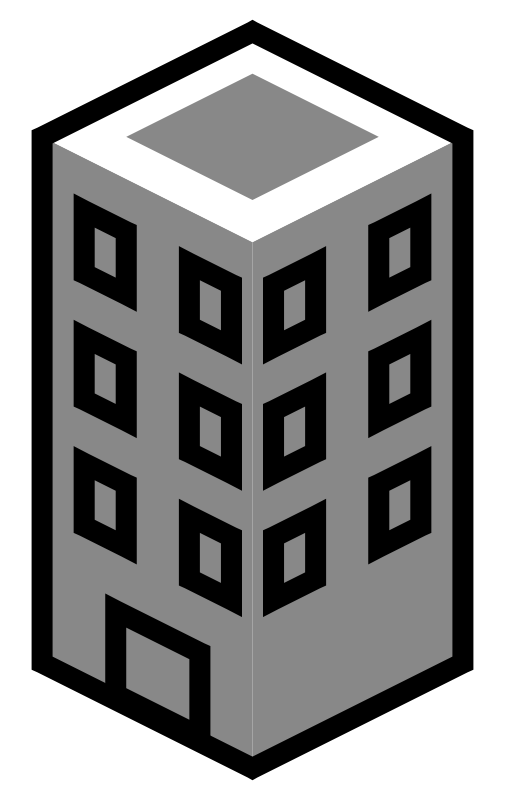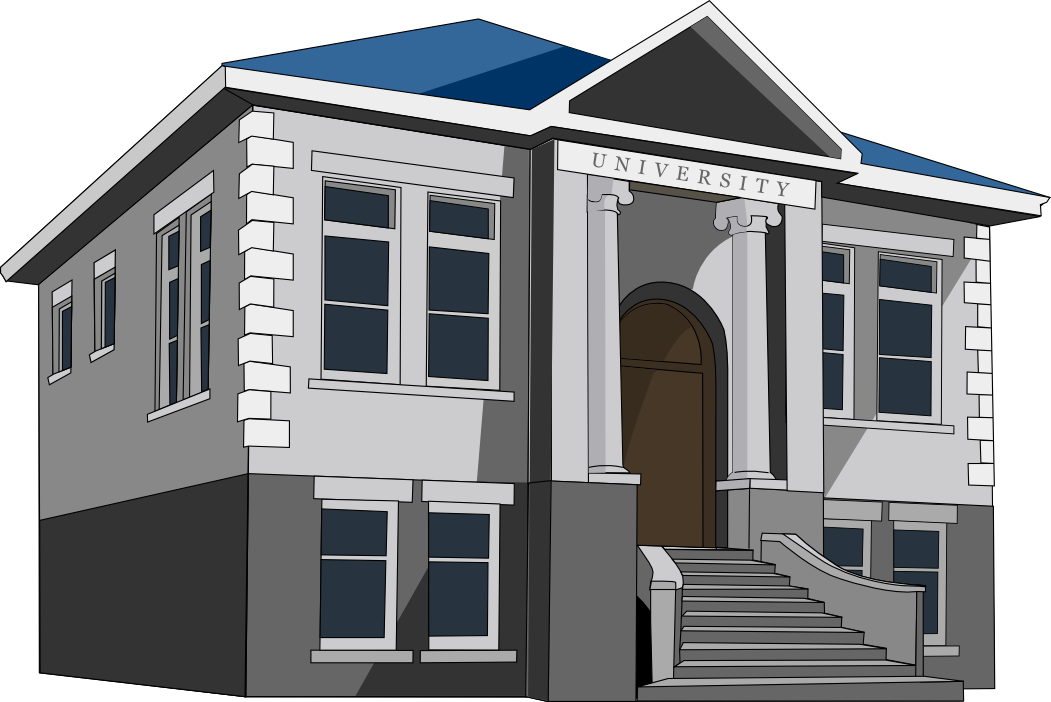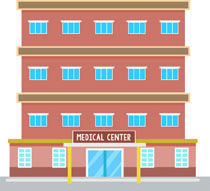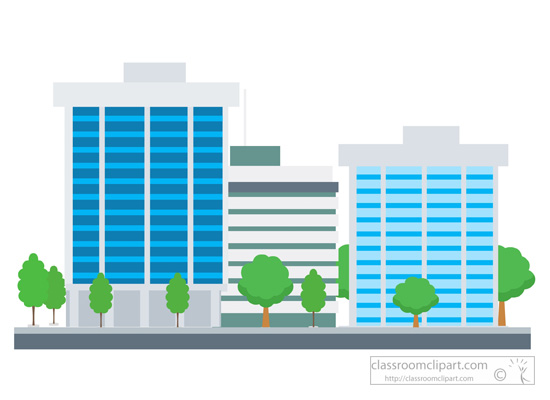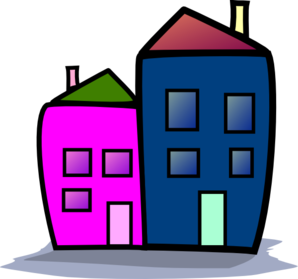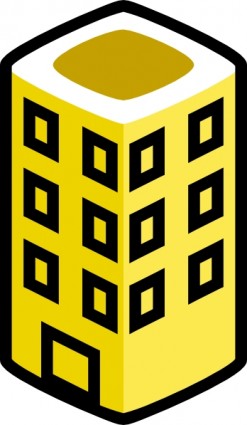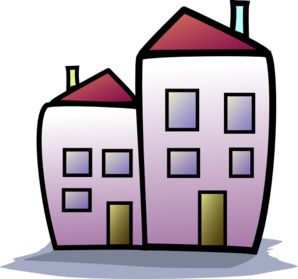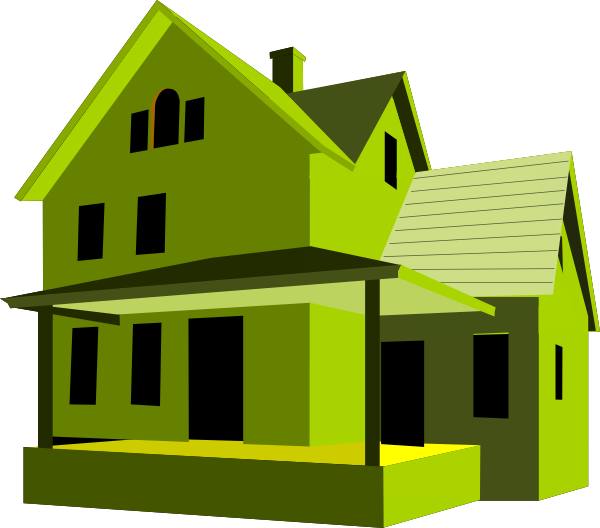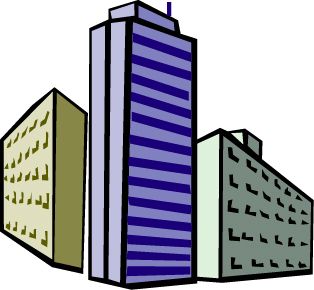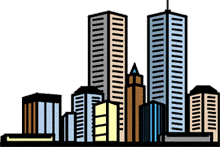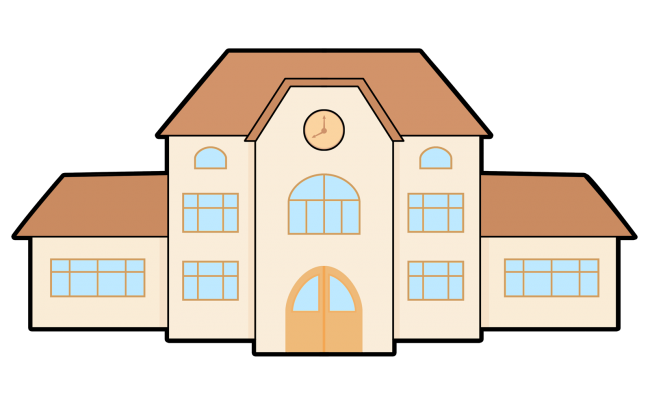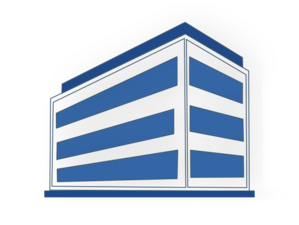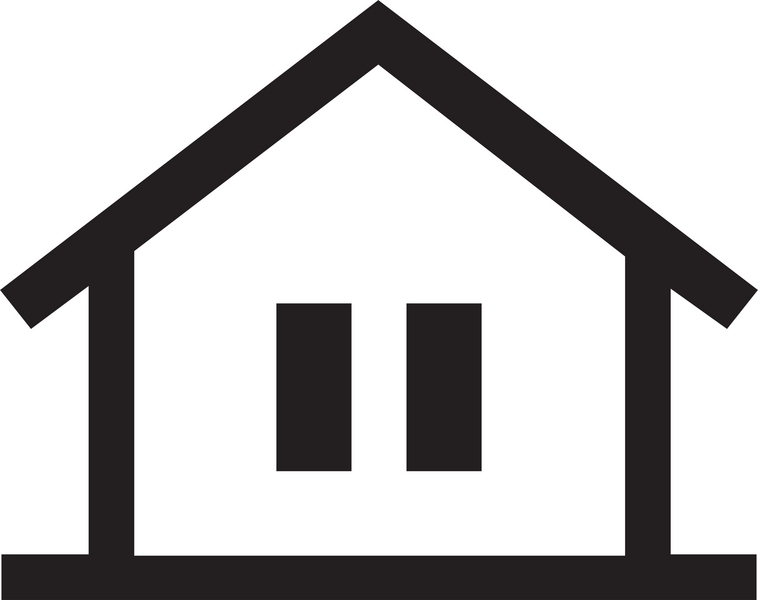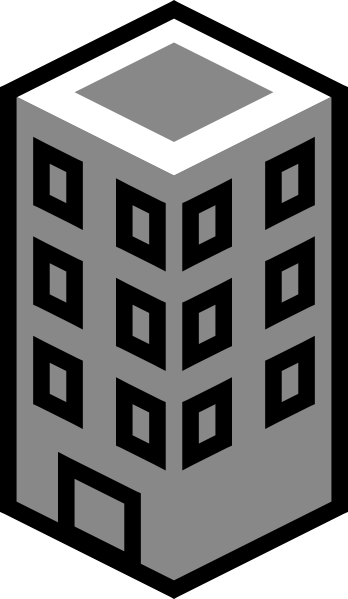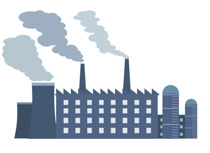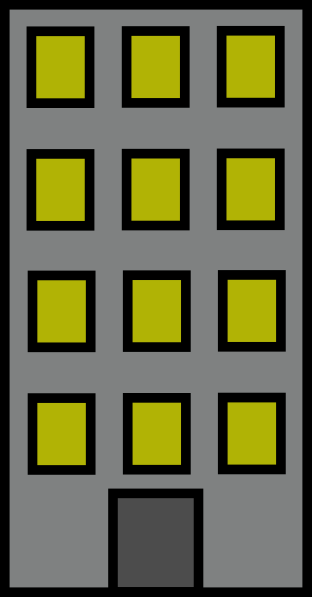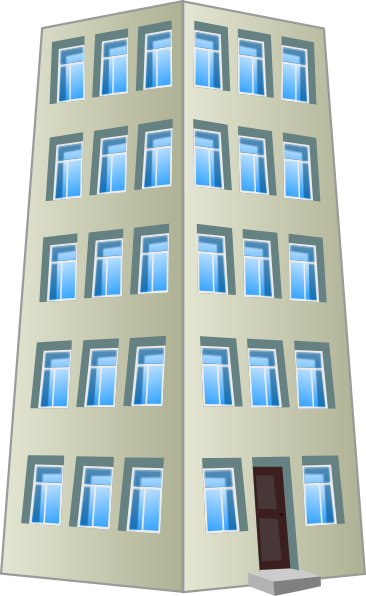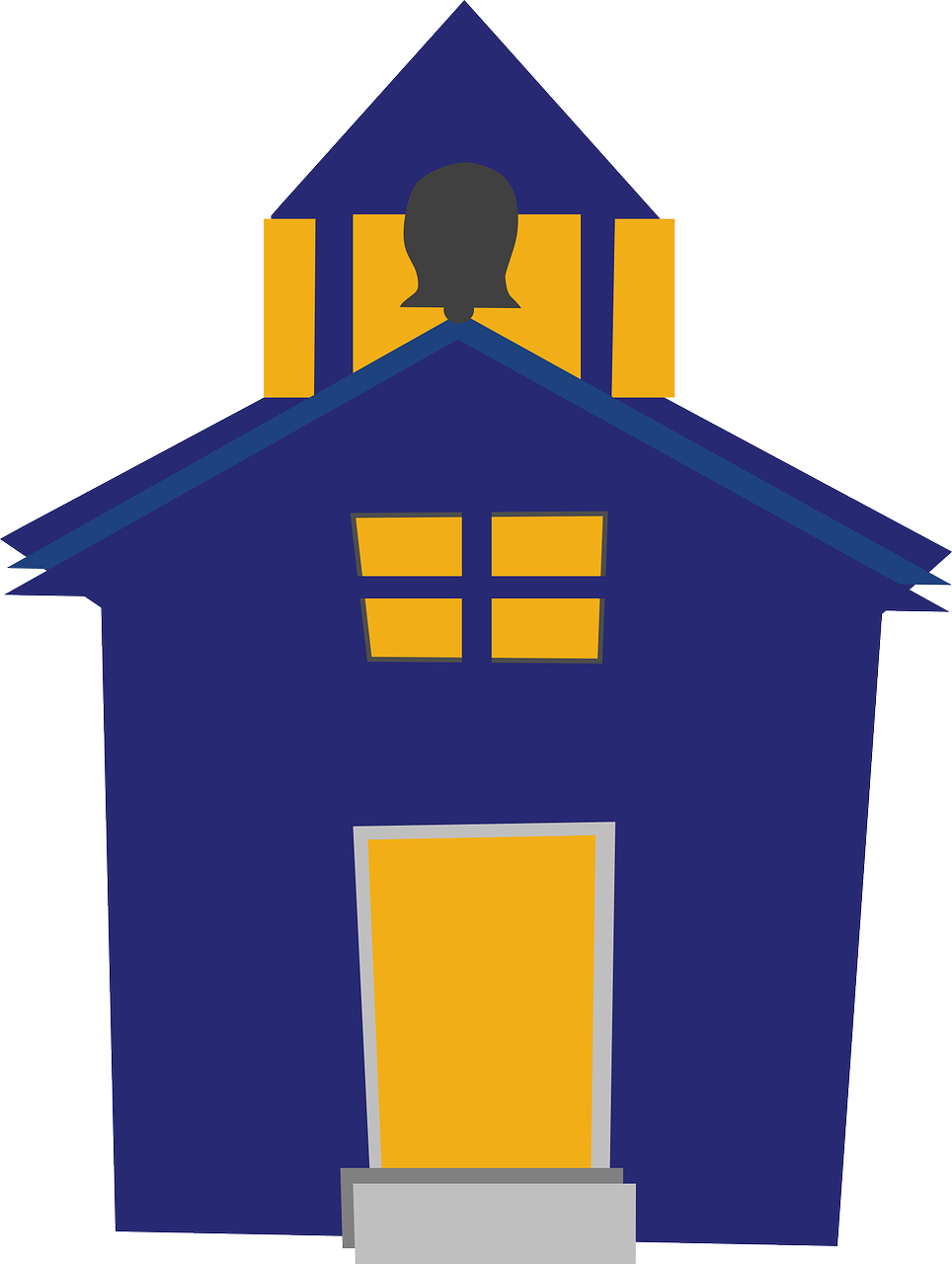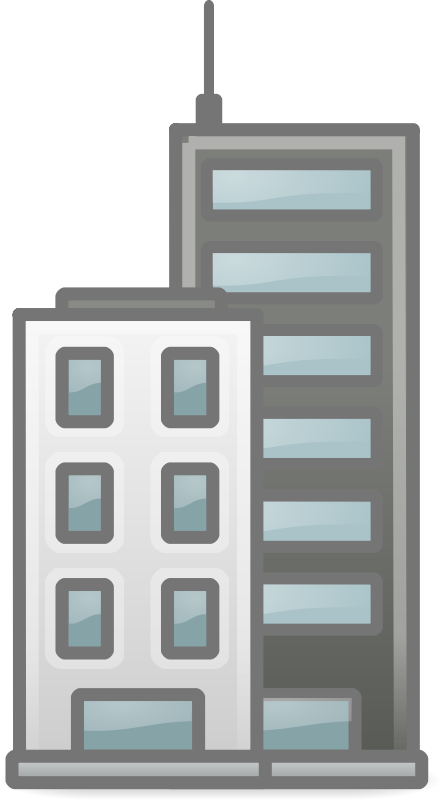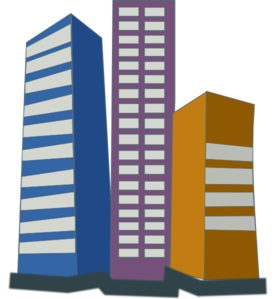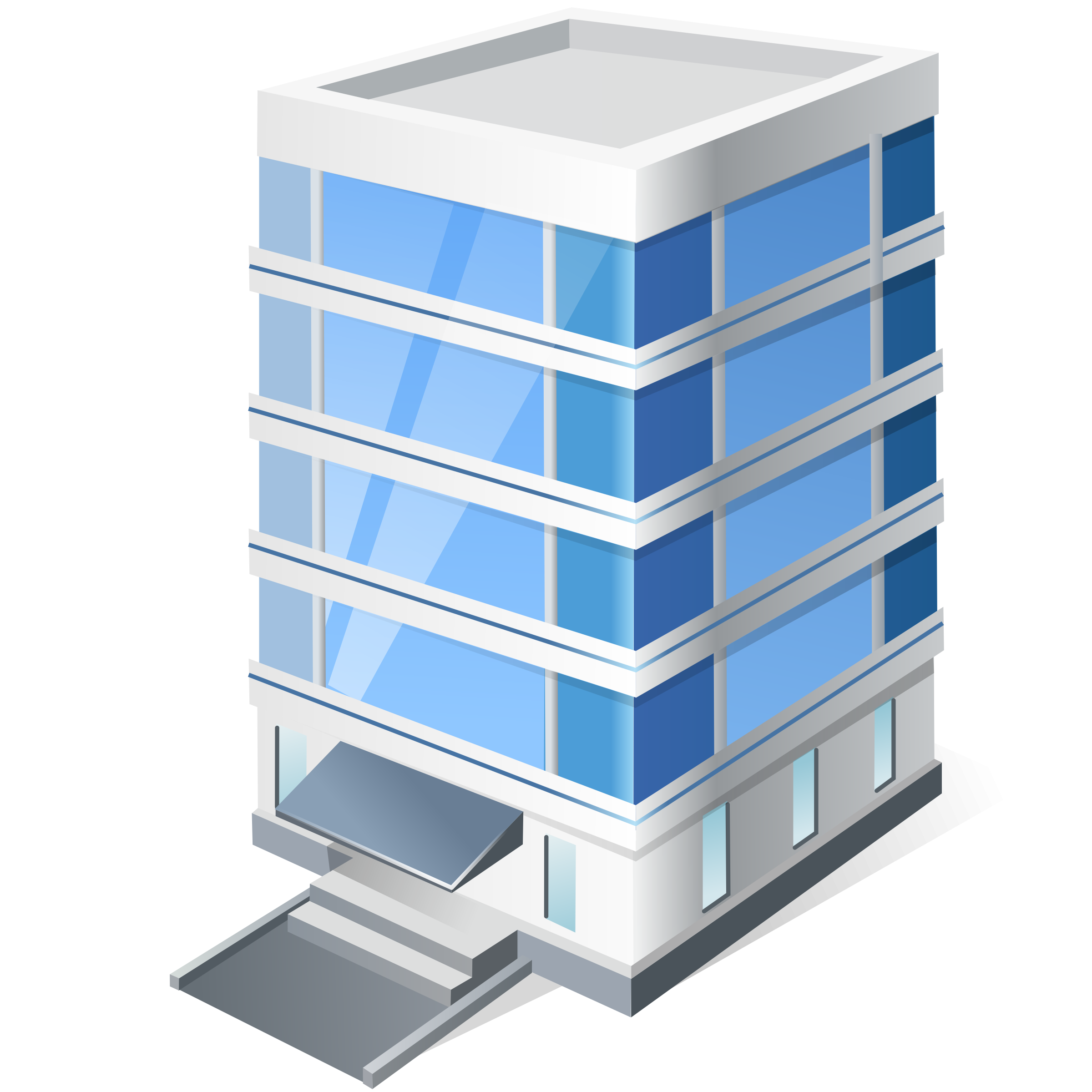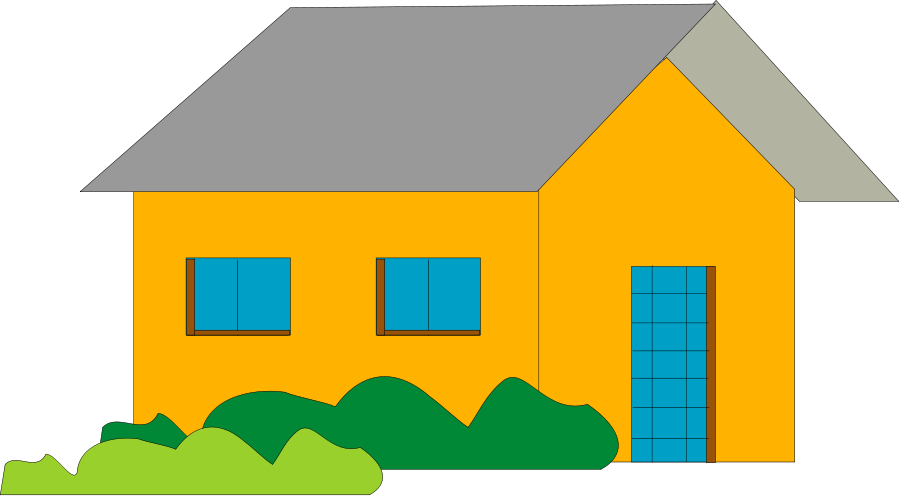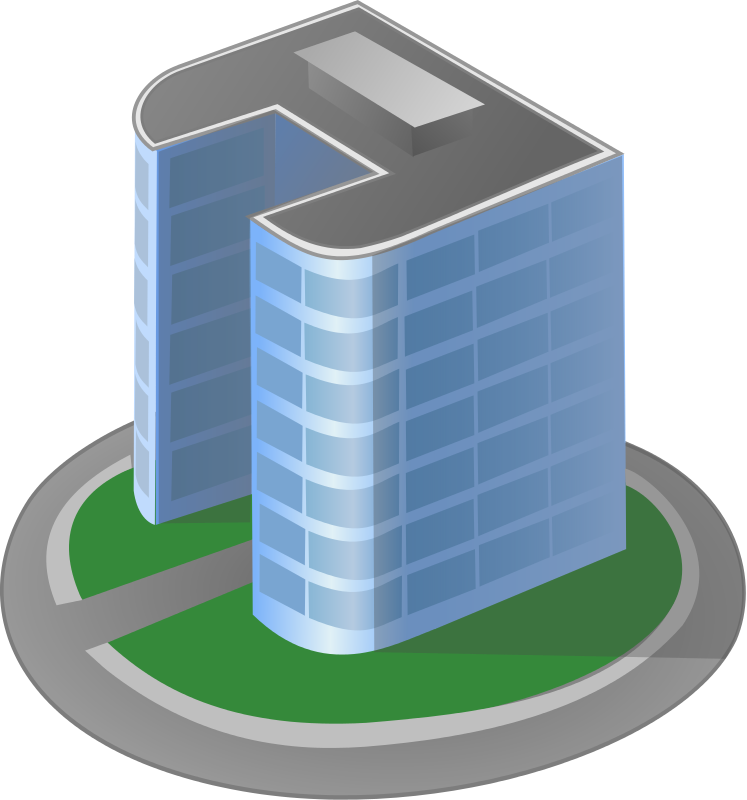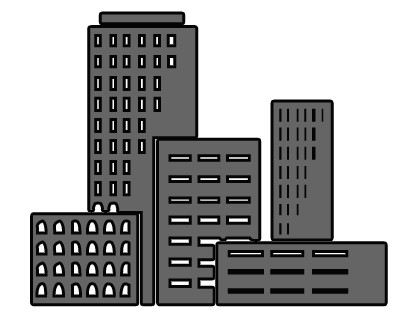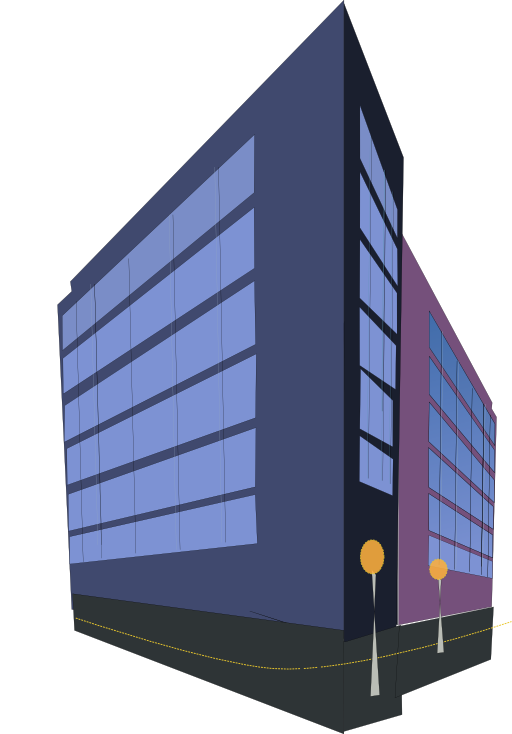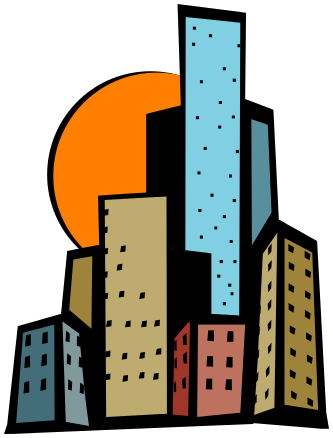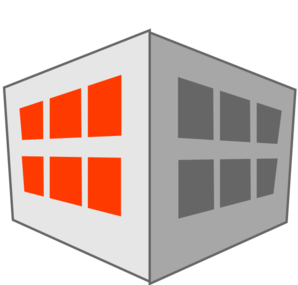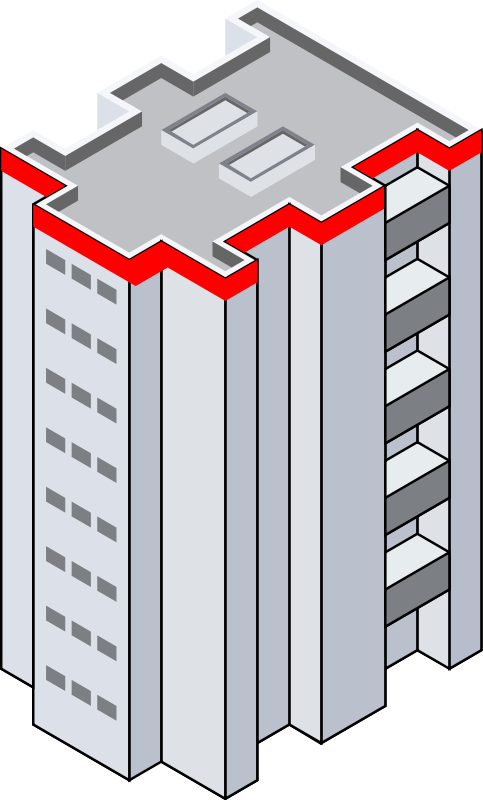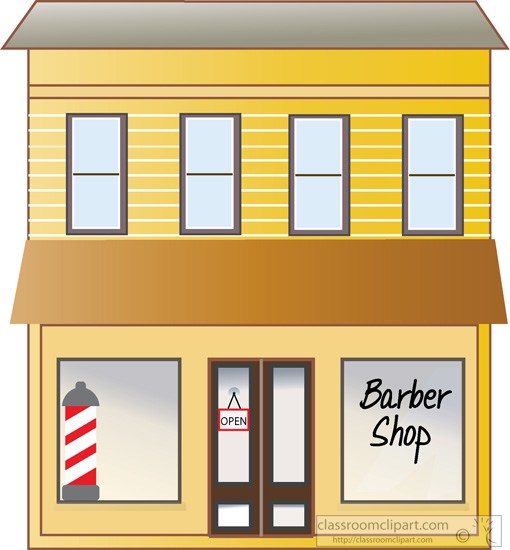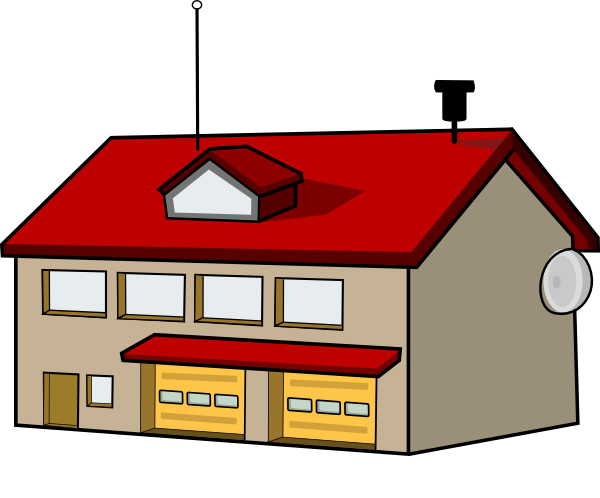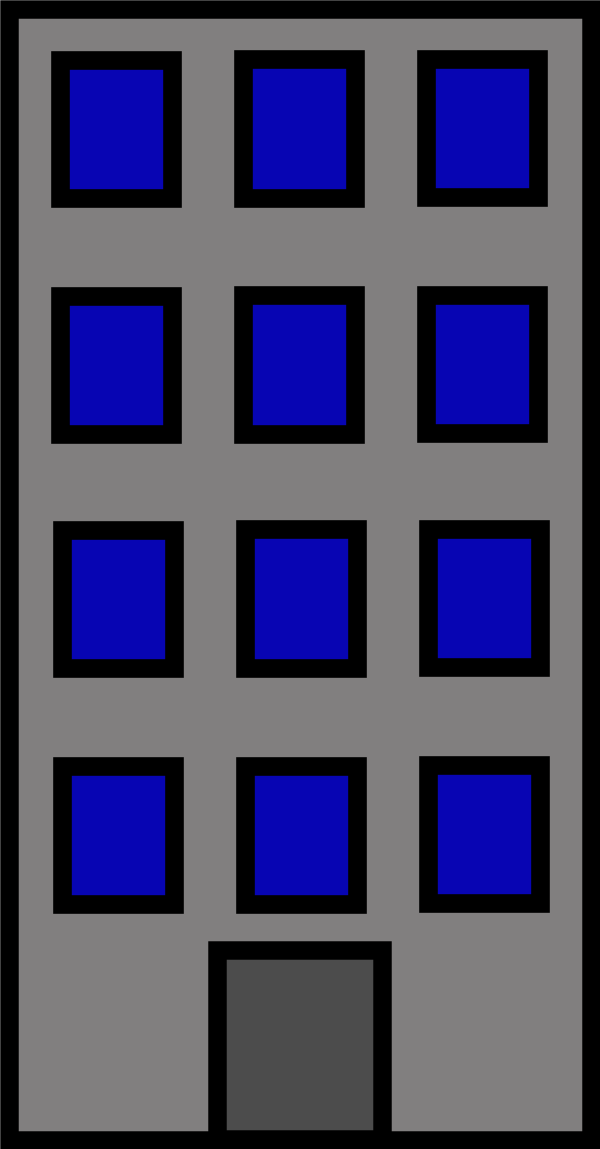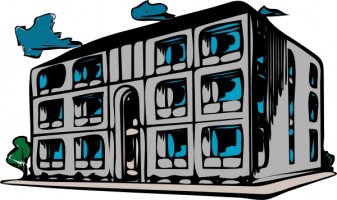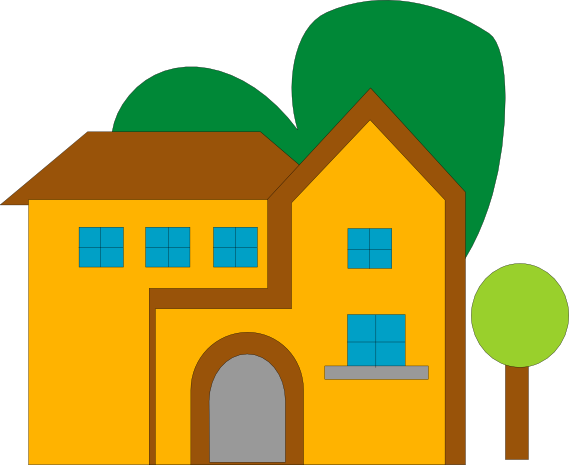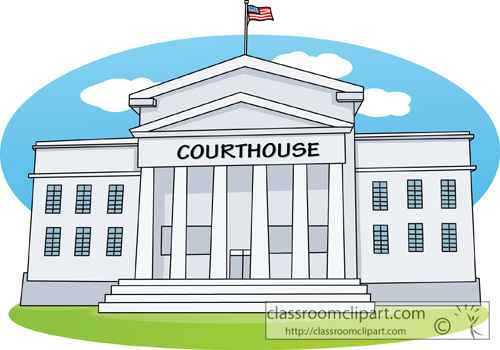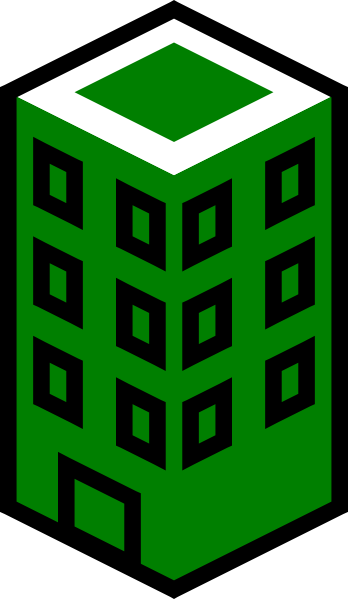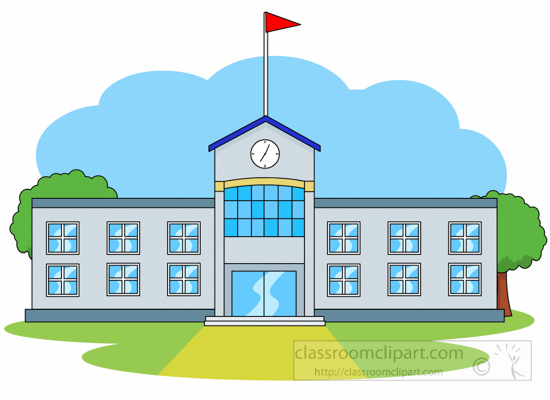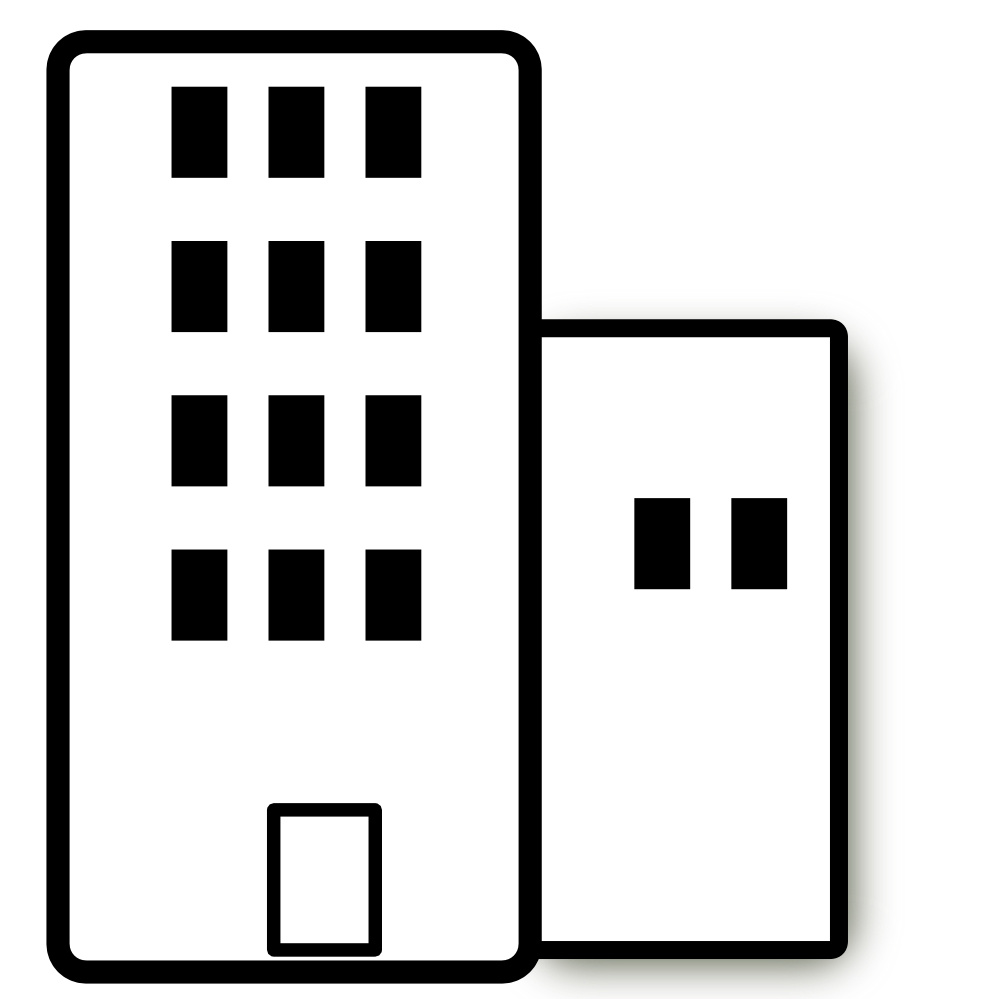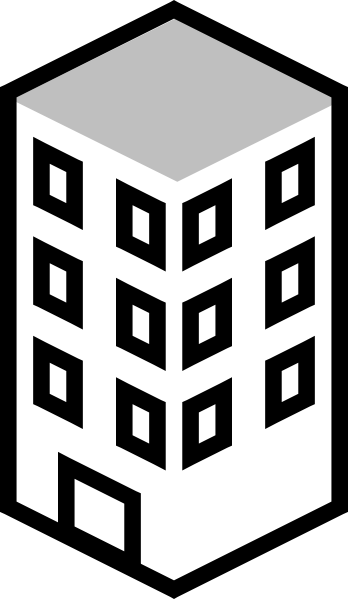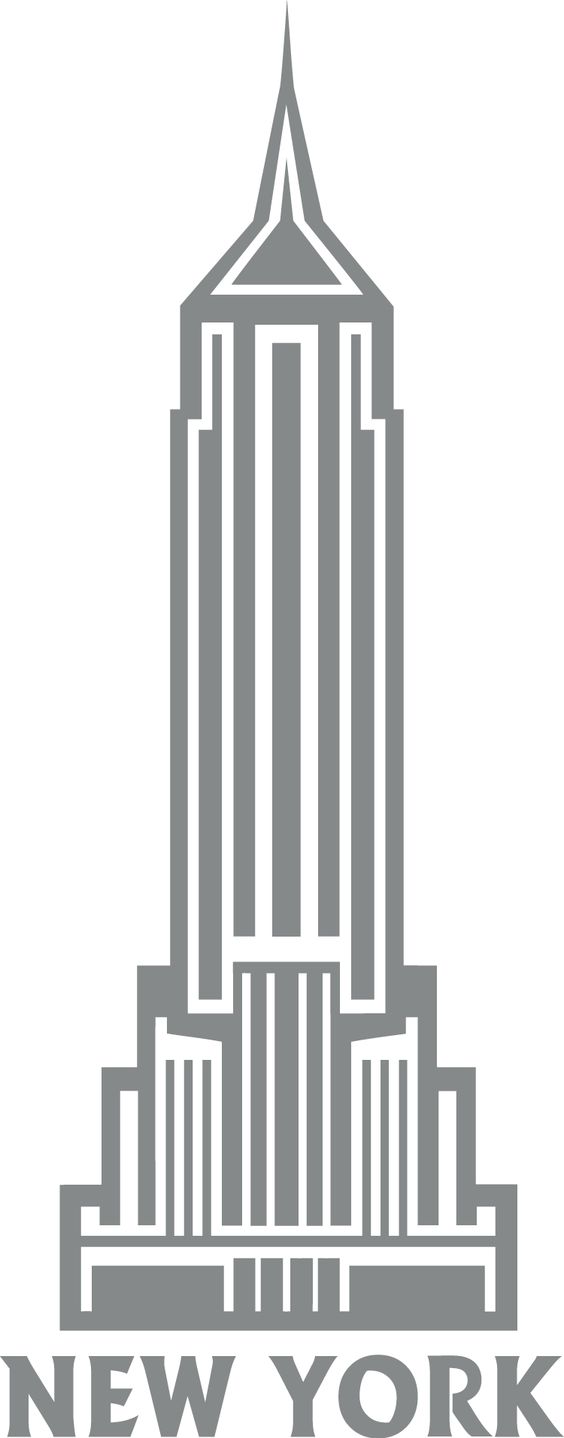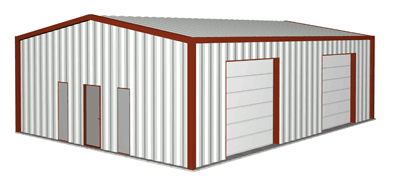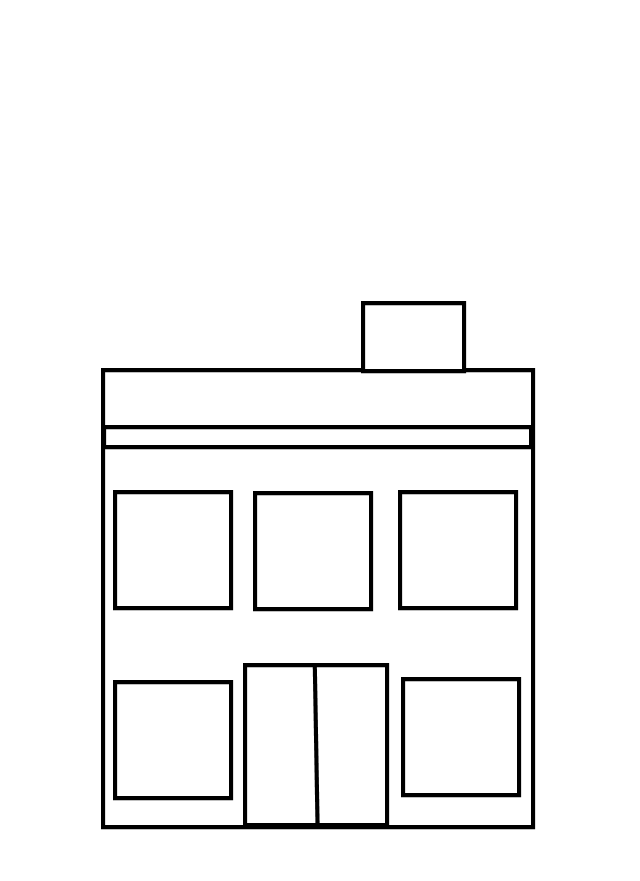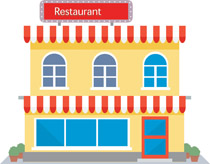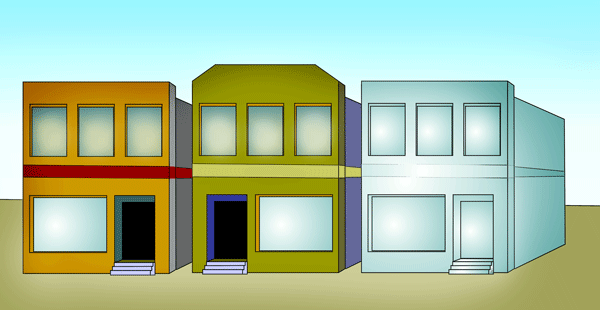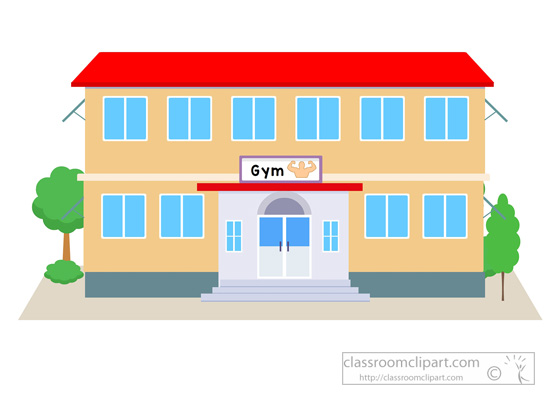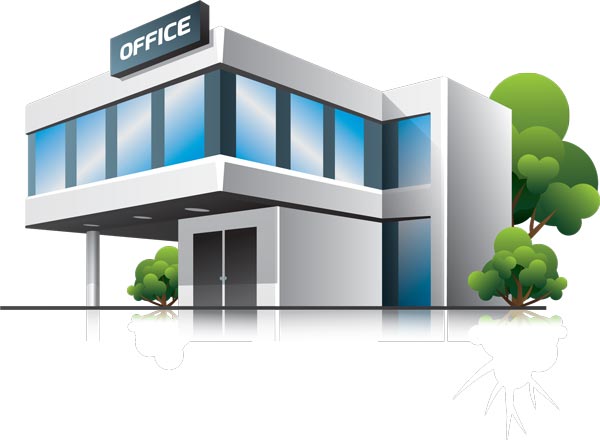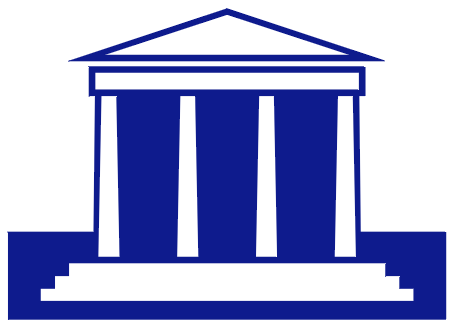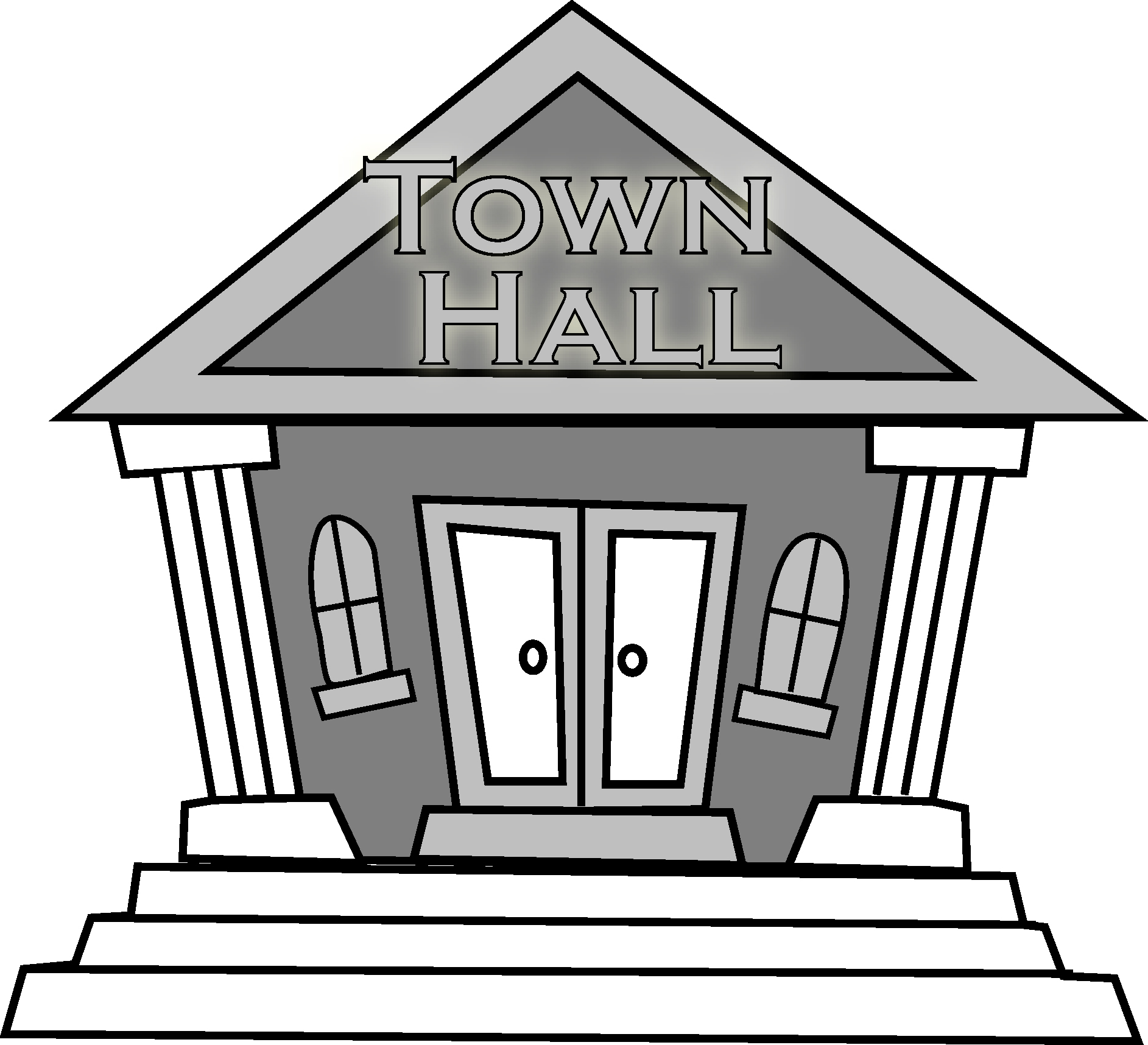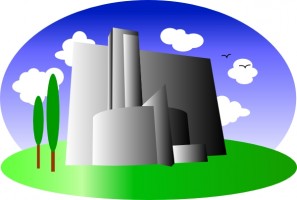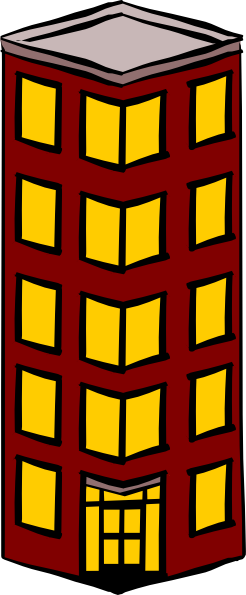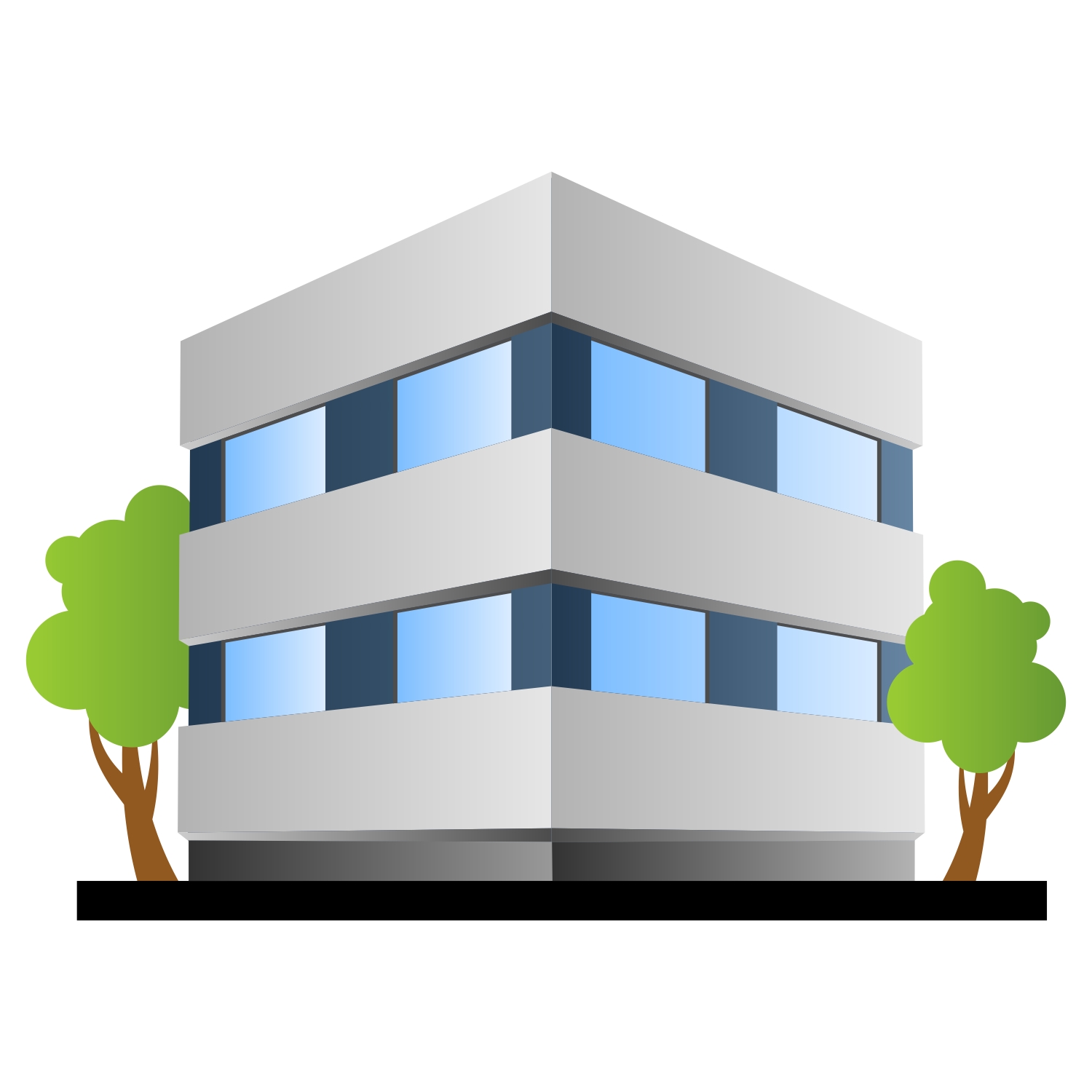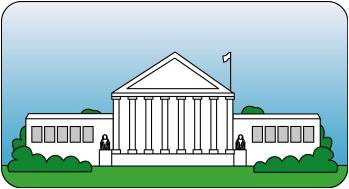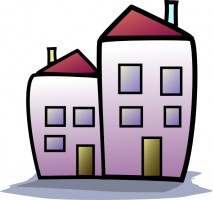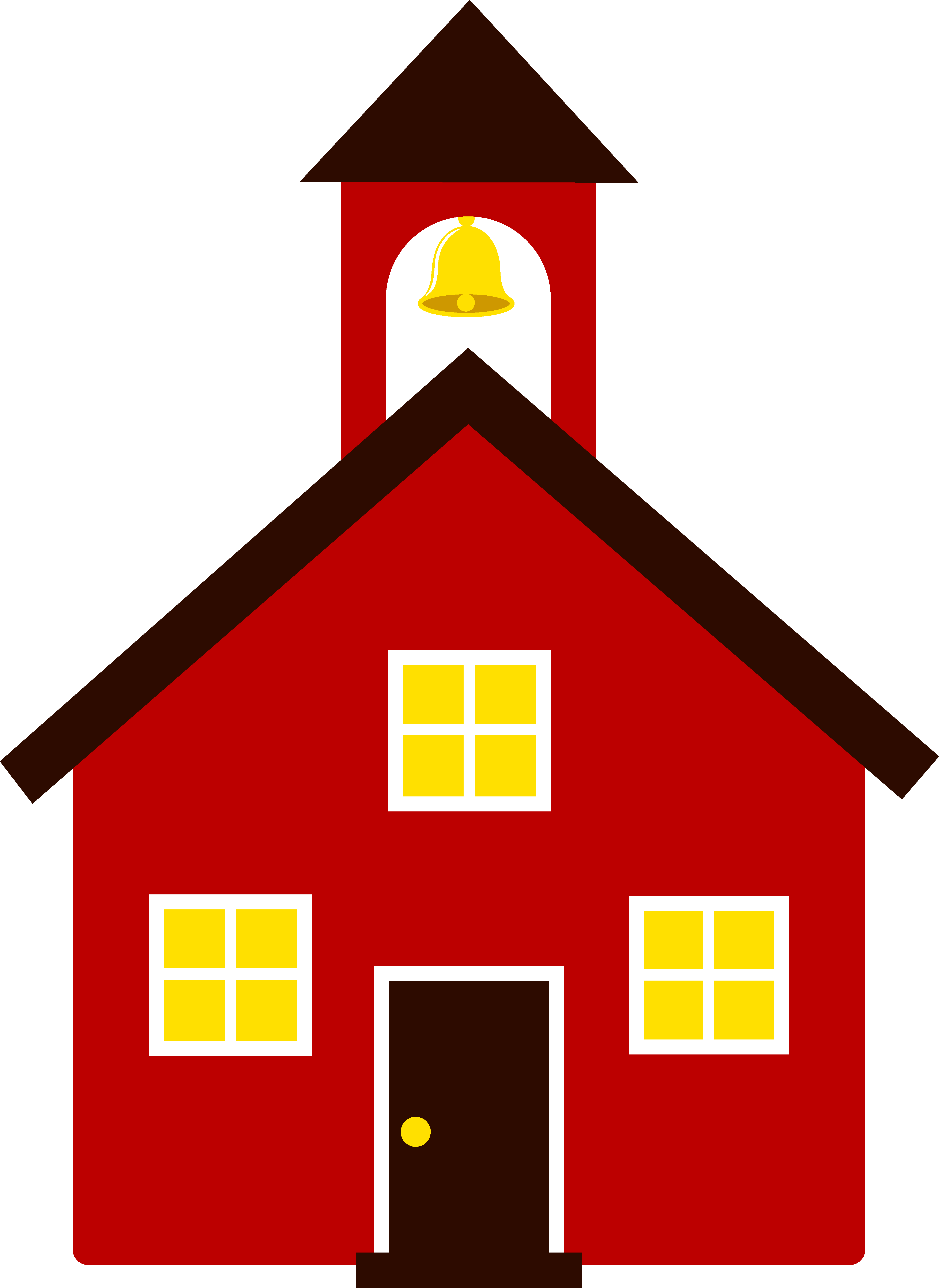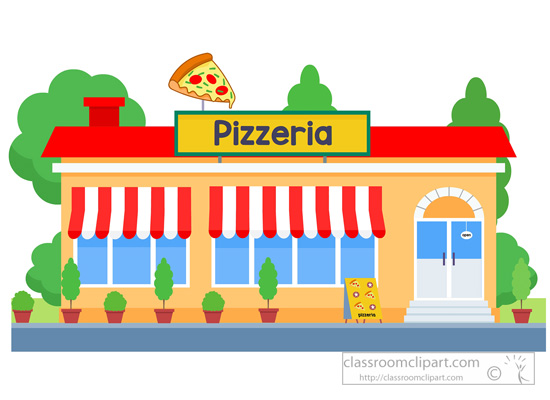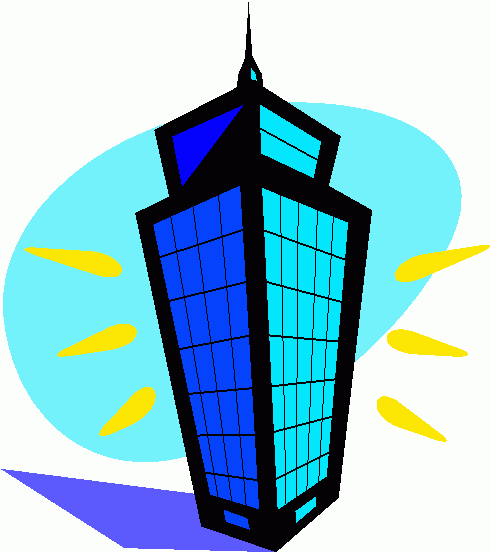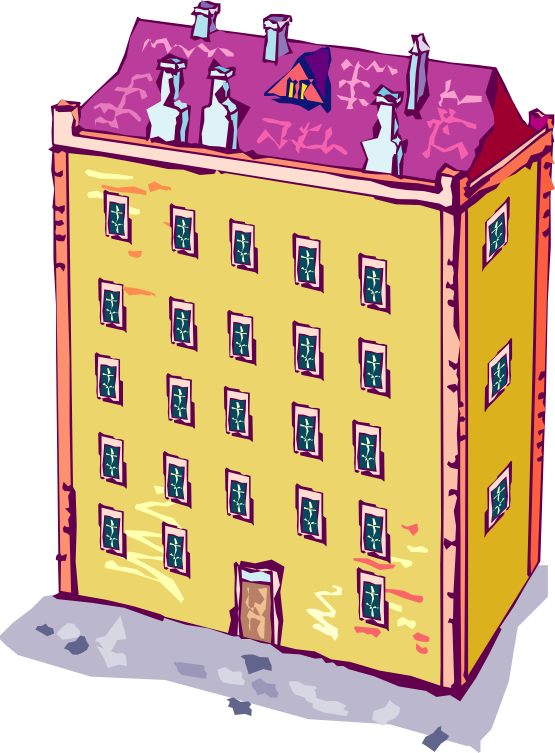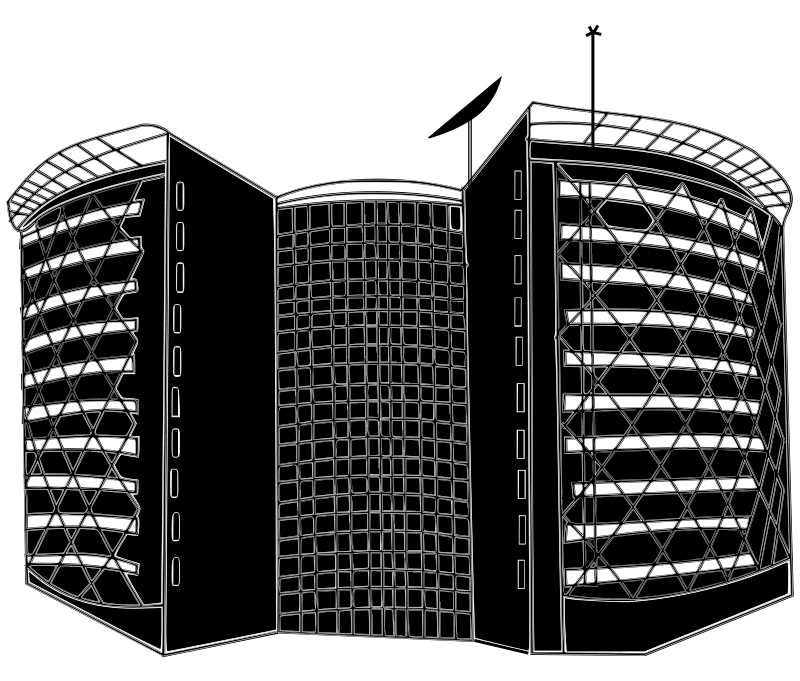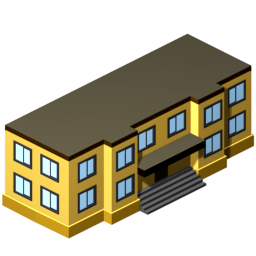Building Clipart
Buildings are permanent roofed structures built to provide shelter for diverse human activity like living, working, storage, recreation or transportation. Ranging from small sheds to towering skyscrapers, buildings incorporate designed spaces using walls, floors, doors and windows. Modern building construction leverages various materials from concrete and steel to wood, plastic and glass configured into columns, beams, trusses and surfaces.
History of Building Construction
Earliest buildings were simple wooden shelters or stone structures in round beehive shapes. Over many centuries, materials evolved using mud bricks, thatch roofs and limestone blocks during ancient Egyptian and Roman architecture. Key innovations include arched entryways, vaulted ceilings, buttresses for support and spires in religious buildings of the Gothic era. The Industrial Revolution introduced mass produced materials allowing taller buildings spanning steel frames, elevators and modern skyscrapers. Architectural style diversified introducing genre classics like art deco office high rises.
Architectural Building Styles
Buildings across the world draw cultural inspiration displaying unique genres:
- Victorian – ornate trims, bright colors, complex roof lines
- Colonial – symmetrical façades, columns, multi-pane windows
- Modern – sleek geometric lines, large glass windows, metal and concrete
- Postmodern – unusual shapes, whimsical designs, variety of materials
- Gothic – soaring spires, flying buttresses, gargoyles, pointed arches
Custom styles continually emerge based on form, function and aesthetics.
Key Components of Buildings
Fundamental building components include:
Foundations – base structurally transferring load to ground
Floors – horizontal platforms dividing building vertically
Walls – vertical enclosures separating interior and exterior
Openings – doors for passageways and windows for light
Roofs – tops sheltering interior spaces from weather
Supplementary aspects enhance function like staircases, elevators, plumbing, electric systems, fire safety features etc.
Building Types and Uses
Buildings are designed catering to intended functionality:
- Residential – houses, apartments for dwelling
- Commercial – offices, retail shops, hotels for business
- Industrial – factories, warehouses for manufacturing operations
- Institutional – schools, hospitals, government centers for public services
- Transportation – rail stations, seaports, airports for travel activity
- Recreational – stadiums, restaurants, casinos for leisure
Specialized buildings like data centers, research labs and places of worship serve focused services.
Modern Construction Practices
Advanced techniques and technology now enable:
- Prefabricated components – factory made sections for modular assembly
- Project management software – digitized scheduling, costing, collaboration
- Code compliance – ensuring safety, disability access and resilience to natural disasters per jurisdiction
- Sustainable materials – recycled composites, solar roofing, energy-efficient HVAC systems
Sustainability and Green Buildings
Environmentally sound construction uses:
- Energy modeling, renewable materials, natural light and ventilation
- Water efficiency and smart landscaping
- Waste reduction measures and climate-aware structural designs
Leadership in Energy and Environmental Design (LEED) certified buildings meet ecological standards through thoughtful architecture and building practices.
Building Photography
Photographing buildings involves considerations like:
- Lighting – golden hour for natural illumination
- Composition – foreground interest, dramatic angles
- Context – environmental aesthetics conveying style and location
- Equipment – wide angle lenses, tilt-shift for perspective control
Building Clip Art
Building clip art offers simplified graphic visuals of houses, skyscrapers, stores etc. as digital artwork for documents, websites and presentations. Contemporary graphic styles provide recognizable illustrations conveying structural environments.
Using Building Clip Art
Effectively working with building clipart requires:
- Checking terms of use for permissible applications
- Choosing files with adequate resolution and clarity
- Using appropriate image formats – JPG, PNG, SVG, EPS etc.
- Ensuring styles match overall tone and topic aesthetic
- Crediting creators as necessary
In this page clipartix present 74 building clipart images free for designing activities. Lets download Building Clipart that you want to use for works or personal uses.
